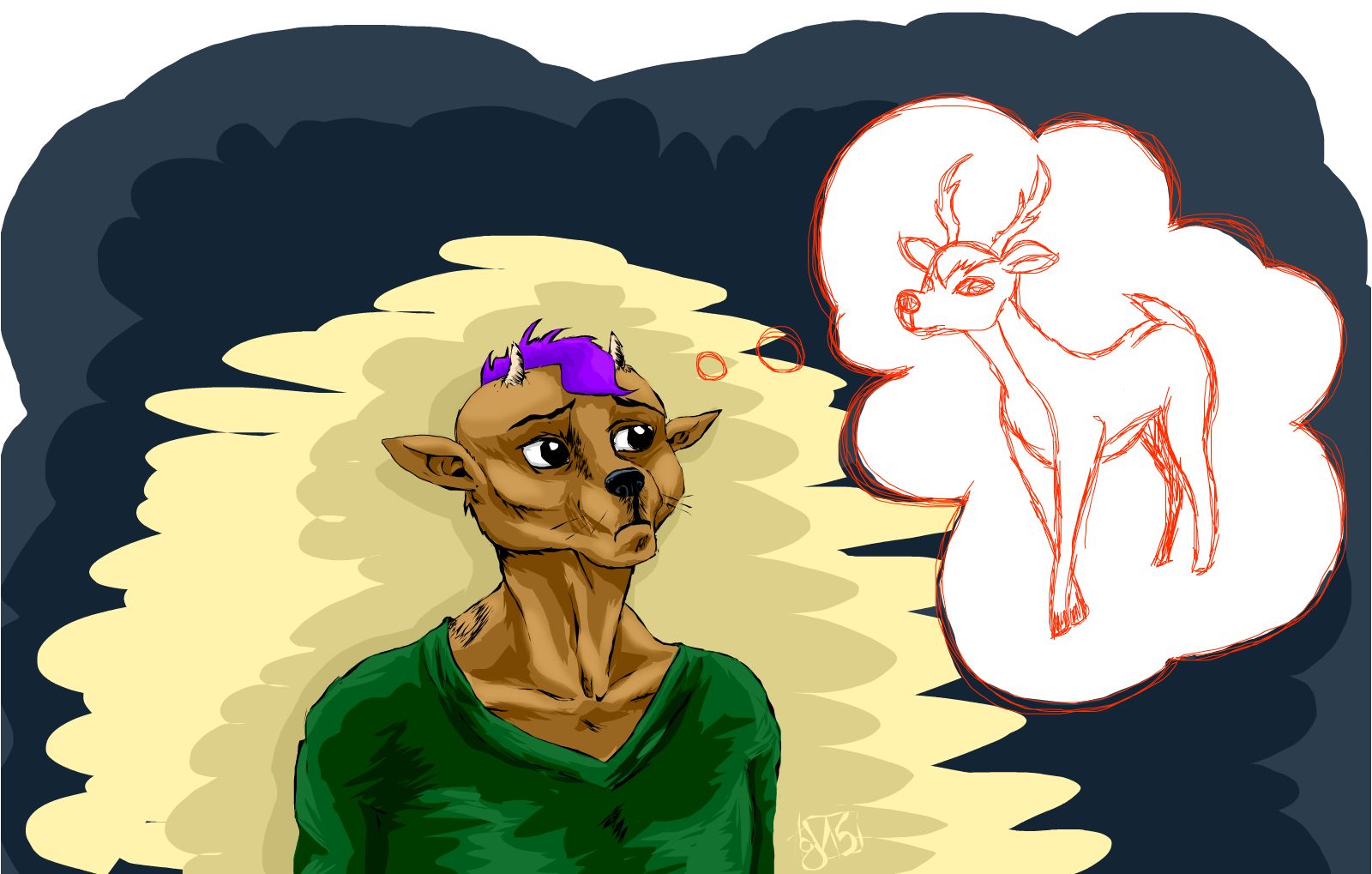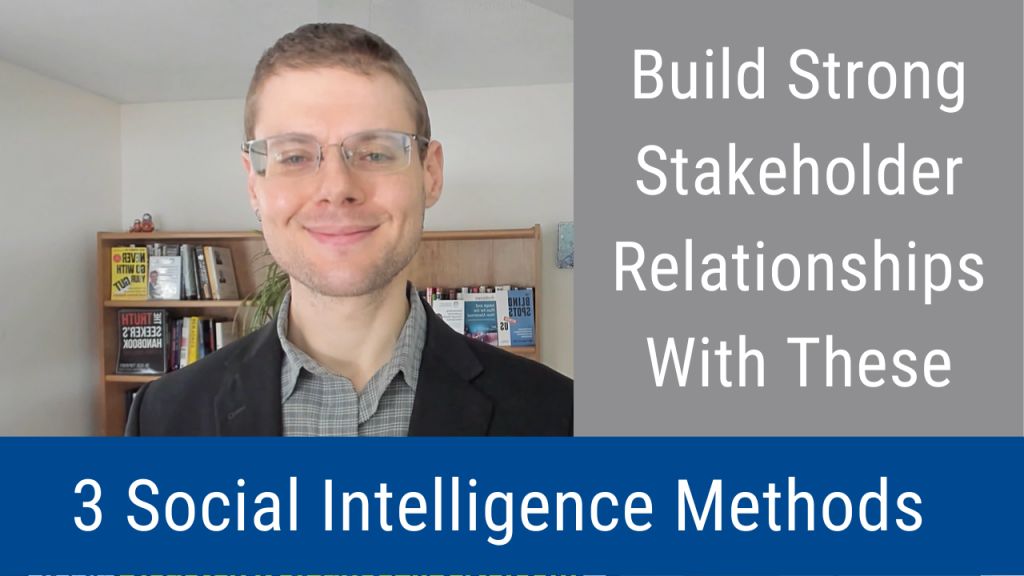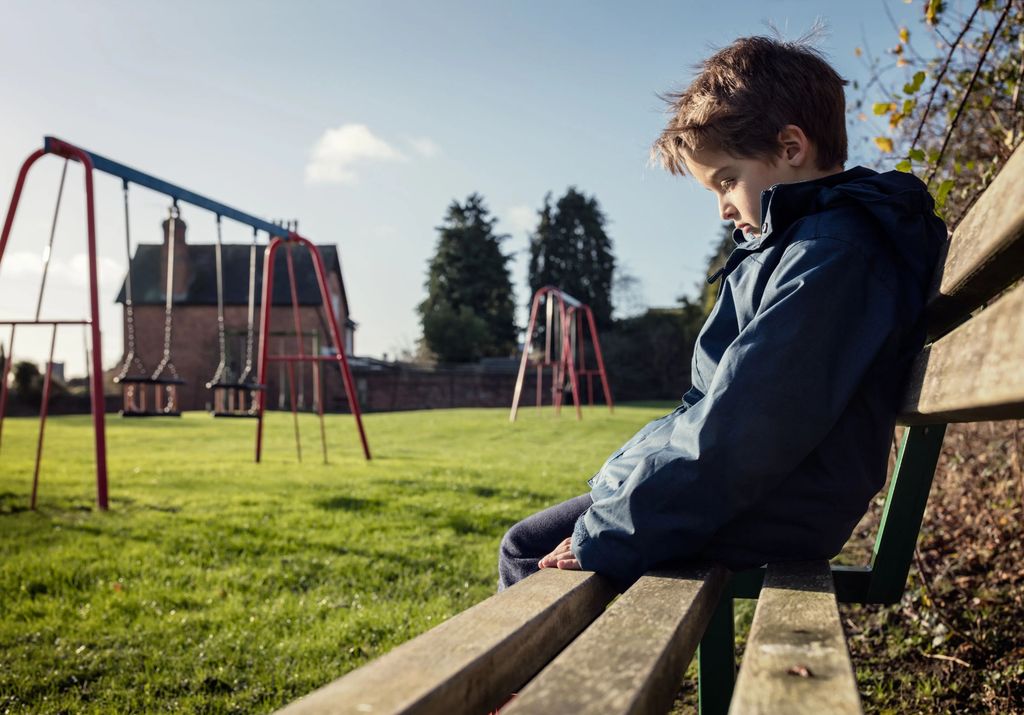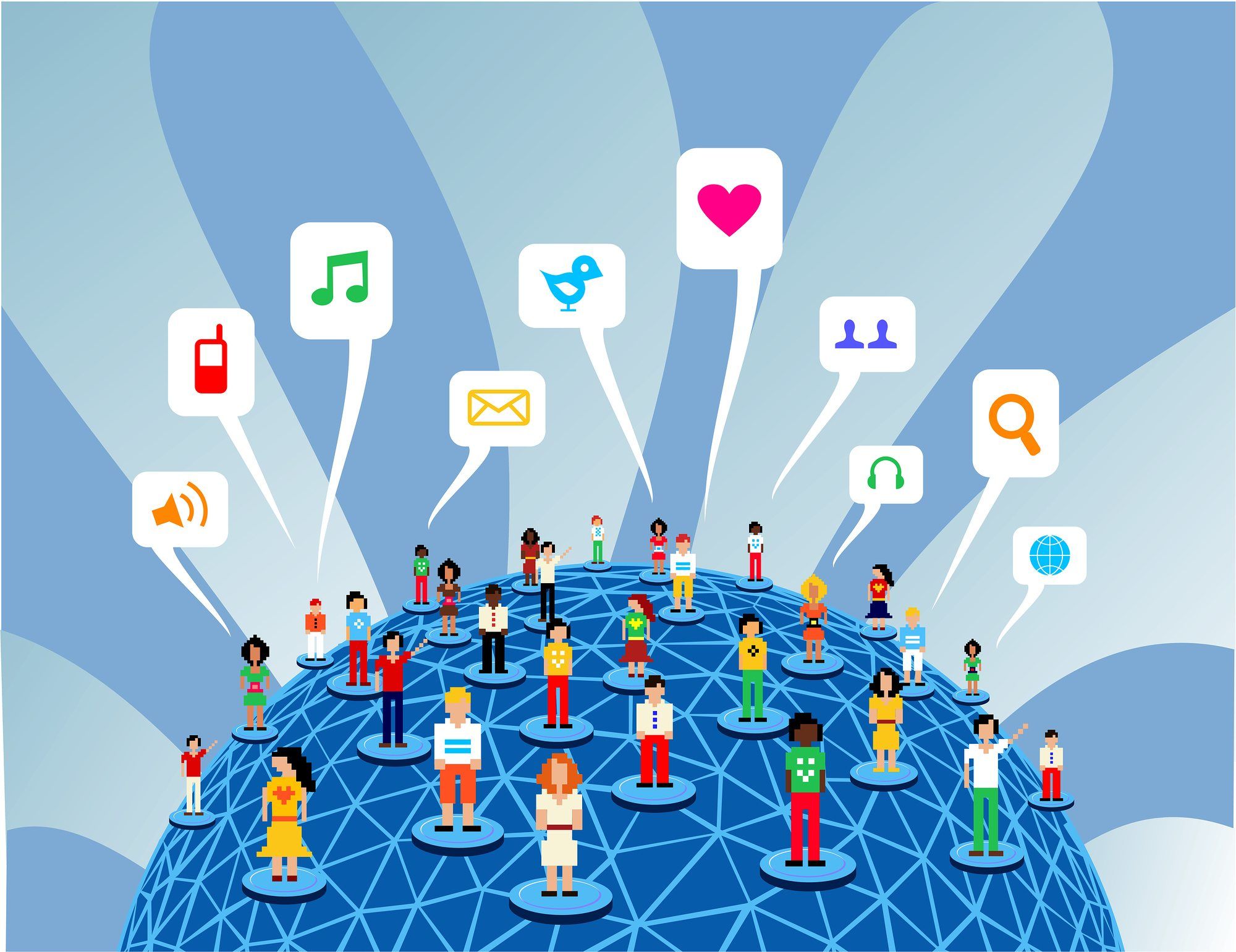
In an increasingly interconnected world, a paradox has taken hold: despite the myriad ways technology promises to bring us closer, a profound sense of isolation is sweeping across communities. The data paints a stark picture: a Gallup survey from October 2024 revealed that a staggering one in five adults in the United States reported feeling lonely “a lot of the day yesterday.” This isn’t merely a fleeting emotion; it’s an unsettling symptom of a deepening societal disconnect, one that demands a rigorous examination of our roles within the intricate tapestry of human relationships.
At the heart of this growing epidemic lies an often – overlooked factor: the very nature of our friendships. Many of us, perhaps unwittingly, have become what might be termed “bad friends.” While the word “bad” carries a spectrum of meanings—from “immoral or evil” to simply “not achieving an adequate standard; poor” or “injurious in effect; detrimental”—it is the latter, more subtle definitions that often apply to the seemingly minor, yet cumulatively devastating, ways we treat our social bonds. We’re witnessing behaviors that are “not working properly” within the framework of what healthy relationships demand, characterized by a lack of follow – through and a diminished sense of accountability.
Consider the alarming frequency with which basic social courtesies are being abandoned. As an observer of countless gatherings, both as host and guest, I am perpetually astonished by the prevalence of last – minute cancellation texts or the disconcerting phenomenon of guests who have simply gone MIA. This isn’t about isolated incidents, but a pervasive pattern. It suggests a fundamental shift in what some perceive they “owe” their friends, a meager effort that stands in stark contrast to the burgeoning body of research affirming the profound impact of strong relationships on our overall well – being and even our longevity.
This erosion of commitment extends across all types of social engagements, irrespective of their perceived significance. Whether it’s a festive Halloween party, a momentous New Year’s Eve celebration, a heartwarming housewarming, a joyous baby shower, or even a once – in – a – lifetime wedding, the pattern remains disturbingly consistent. It’s not about individuals with genuine, unavoidable conflicts, like doctors on call responding to emergencies. Instead, the issue lies with those, including many who might otherwise be considered very good friends, who seemingly flake for trivial reasons, often “without a second thought.” This casual disregard for shared plans and the feelings of others chips away at the foundations of trust and reciprocal care that define true friendship.
The decline in relational investment is particularly striking when juxtaposed against historical social structures. There was a time when religious congregations, local societies, and neighborhood communities fostered intensely bound networks where acts of mutual support—like “dropping off food for a sick friend, picking up someone’s mail, taking someone to the airport”—were commonplace. These were not extraordinary gestures but integral components of daily life, cementing the very fabric of community. While many still express a yearning for such a supportive network, a palpable reluctance, or perhaps an inherent lack of understanding, seems to prevent them from engaging in the necessary “work” required to cultivate it.
This sentiment was powerfully articulated by Chicago – based photographer Rachel Lovely, whose viral TikTok video on becoming a “better villager,” inspired by her mother, resonated with thousands. “I saw a quote that said, ‘Everyone wants to have a village, but no one wants to be a villager,’” Lovely shared. The flood of comments beneath her video served as a collective testament to the widespread frustrations, rife with laments about others’ “refusal to engage, ask for help, help others, stay in touch or be more considerate.” This observation underscores a critical disconnect between a desire for community and a willingness to contribute to its maintenance.
Danielle Bayard Jackson, a women’s relational health educator and director of the Women’s Relational Health Institute, frequently confronts the question of what constitutes our obligations to friends in her client conversations. Her insights cut to the core of the issue, highlighting words often deemed unattractive in our modern lexicon: “Obligation, responsibility, duty, inconvenience, commitment — those are not sexy words. But those concepts are inherent to a deep and healthy relationship.” When these fundamental values are disregarded, the path to becoming a “bad friend” becomes clear, and the vitality of relationships inevitably suffers.
Consider a common scenario: a loved one asks for assistance with moving. For many, this request immediately conjures feelings of dread, stress, and inconvenience—thoughts of “back – and – forth trips, physical labor and time involved” overshadowing the spirit of camaraderie. Jackson posits that this aversion may stem from a contemporary culture that increasingly prioritizes outsourcing labor – based needs to businesses, effectively relegating friendship to merely a pastime rather than a reciprocal support system. This shift minimizes the profound opportunities for connection and shared experience inherent in such acts of service.

The reluctance to engage in communal acts of support is baffling, especially among able – bodied individuals, and it necessitates a serious re – evaluation of our attitudes. When I personally participate in helping someone move, I view it as much more than physical exertion. It’s an act of participating in a significant life transition—the closing of one chapter of growth and memories, often ones I’ve been a part of, and the exciting opening of the next. It’s about alleviating a friend’s financial burden by saving them “the cost of hiring movers” and expediting the often “daunting settling – in process” by assisting with unpacking and organization. Crucially, it’s also about dedicating “quality time,” forging new memories, and perhaps sharing a pizza and laughter. Surely, these invaluable shared experiences are worth “a little physical strain and a few hours of your weekend”?
The benefits extend beyond the recipient. Actively helping others is demonstrably linked to an extended lifespan, an amplified sense of purpose, increased joy, and a stronger feeling of community and belonging, as numerous studies have revealed. As Jackson aptly notes, these investments in relationships have a potent capacity to elevate one’s overall well – being by not only enhancing mood but also bolstering self – esteem and instilling a profound sense of self – worth. There is an unparalleled security in knowing that, when life inevitably presents its challenges, a select group of individuals will steadfastly offer “actions, not just nice words.” This bedrock of support renders us more resilient in the face of life’s myriad stressors, as experts widely concur.
The timely RSVP, an abbreviation of the French “répondez s’il vous plaît” or “please respond,” is not merely an archaic social custom but a pragmatic necessity. Its purpose is clear and vital: it allows a host to accurately gauge the required quantities of food, the number of chairs needed, and other essential supplies. Furthermore, a prompt affirmative response signifies anticipation and shared excitement, while a timely negative one allows the host to process any potential disappointment in advance. The current trend of last – minute cancellations or, even worse, outright no – shows without legitimate explanation, sends an unequivocal message: a disregard for, or even an oblivious indifference to, a friend’s “finances, emotions, energy and time.” This behavior also sets a detrimental precedent, potentially inspiring others to act similarly, which can lead to dwindling guest lists and deeply hurt feelings.
Fiona, a close friend whose privacy we’ll respect by using this pseudonym, recently endured the repercussions of such inconsiderate behavior while hosting her New Year’s Eve party. Despite some attendees having specifically requested that she host, a significant portion—fully “half of the attendees didn’t show.” Fiona, in her diligent preparation, had invested in decorations, spent a substantial $200 on food carefully selected to accommodate various dietary restrictions, and run “multiple errands to get everything.” The incident was not just disappointing; it was profoundly evocative, transporting Fiona back to a painful memory from her sixth – grade birthday sleepover, where she had invited her entire class, only to have “only two girls showed up.”
“I was so excited, and my mom and I put a lot of thought into invitations and stuff,” Fiona recalled, the recent experience mirroring the childhood heartbreak. The pervasive no – shows “brought me back to that moment of being so disappointed and feeling almost betrayed,” she added. “Because I’m like, ‘OK, I thought you were my friend, and you said you were excited to come to my party, but you didn’t, and that really hurt my feelings.’ I just felt like 12 – year – old (Fiona) again.” While a few individuals offered valid excuses, a concerning number failed to even communicate their inability to attend. Fiona expressed her frustration, thinking, “If I didn’t reach out to see if you were coming, you would not have told me, and that’s the biggest issue, because I’m already doing a lot as a host. Just put on your big – girl or big – boy pants and tell me what’s going on.”
Another loved one, Lisa, whose name is also changed for privacy, has experienced similar frustrations across multiple significant events, including her and her husband’s Friendsgiving dinner, his birthday party, their joint housewarming and gender reveal celebration, and their baby shower. Such a consistent pattern of disregard is, as Lisa herself noted, quite “crazy.” She speculates that this phenomenon may be “partly a post – Covid thing,” observing “an increase in people prioritizing their own time or just not seeing social gatherings as important as they used to.” Lisa now discerns a clear distinction between those who actively sought “creative and safe ways to maintain connection no matter the odds during the pandemic,” and those who, conversely, “resigned themselves to solitude.” This divergence highlights a critical fork in the road for social engagement.
While these examples illuminate the immediate, personal impact of flaky behavior, the consequences of widespread relational neglect extend far beyond individual disappointments. Humanity, fundamentally, is built for social contact. Like all primates, we possess an “intense desire to be social,” a deep – seated need that has been instrumental in our collective success as a zoological family. Our very survival has hinged on the formation of strong, supportive communities. This innate drive for inclusion in group life and for close relationships is a fundamental human need, and psychologists concur that we demonstrably “function best when this social need is met.” It is in these supportive environments that we find it easier to remain motivated and to effectively navigate the myriad challenges life invariably presents.

The growing body of evidence unequivocally demonstrates that when our inherent need for social relationships remains unfulfilled, the consequences are dire, impacting us both mentally and even physically. The repercussions are not merely emotional; they manifest as tangible effects on the brain and on the body. Some of these effects operate subtly, through the chronic exposure of multiple bodily systems to elevated levels of stress hormones. Yet, these effects are sufficiently distinct to be quantitatively measured over time, revealing that unmet social needs exact a severe toll on our health, leading to the erosion of our arteries, the creation of high blood pressure, and even the undermining of learning and memory.
The absence of close friends and a general scarcity of broader social contact inevitably culminate in the emotional discomfort and distress known as loneliness. This state begins with a cognitive awareness of a deficiency of relationships, a realization that reverberates through our minds with a distinct emotional resonance, often manifesting as sadness. We may experience a profound sense of emptiness, an aching longing for contact. Feelings of isolation and deprivation take root, continuously tearing away at our emotional well – being. Despite its profoundly negative effects, loneliness, in its transient form, can hardly be considered abnormal; it is, in fact, a most normal feeling. Everyone experiences loneliness at various points—after the dissolution of a relationship, upon relocating to an unfamiliar place, or when excluded from social gatherings.
However, chronic loneliness is something else entirely. It stands as one of the surest markers in existence for maladjustment. Its impact is particularly devastating across different life stages. In children, it precipitates a cascade of developmental problems. A failure to establish meaningful social connections with peers is identified as the primary underlying cause behind the majority of school dropouts. This lack of connection sets in motion a trajectory that often leads children towards outcast status, fostering the development of delinquency and various other forms of antisocial behavior, fundamentally impeding their healthy social integration and development.
For adults, chronic loneliness serves as a significant precursor to both depression and alcoholism. Furthermore, mounting evidence increasingly points to its role as a causal factor in a wide array of medical problems, some of which may take decades to fully manifest. Dr. John Cacioppo, a distinguished psychologist from the University of Chicago, has dedicated extensive research to meticulously tracking the pervasive effects of loneliness. Through a series of groundbreaking studies, he has unveiled surprising mechanisms through which loneliness fundamentally compromises human health.
Read more about: Unlock Your Best Years: 14 Toxic Habits to Ditch After 60 for a Happier, Healthier Life

Perhaps one of Cacioppo’s most astonishing findings emerged from a survey he conducted, wherein medical professionals themselves confided that they provide better or more complete medical care to patients who have supportive families and are not socially isolated. This revelation underscores the intrinsic link between social support and healthcare outcomes, highlighting how loneliness can even influence the quality of medical attention received. Moreover, living alone, a common manifestation of social isolation, is shown to drastically increase the risk of suicide for young and old alike, underscoring the severe psychological vulnerability inherent in such circumstances.
Cacioppo’s research further illuminates the insidious ways loneliness permeates daily life. Lonely individuals, his studies reveal, consistently report higher levels of perceived stress even when exposed to the same stressors as non – lonely people, and strikingly, even when they are relaxing. This suggests that loneliness creates a heightened state of internal arousal and vulnerability to stress, regardless of external circumstances. Compounding this, the quality of social interactions experienced by lonely people is markedly inferior; their social engagements are not as positive as those of other people, which consequently means that the relationships they have do not buffer them from stress as relationships normally do. This absence of buffering capacity leaves them acutely exposed to life’s pressures.
Physiologically, loneliness manifests as tangible, detrimental changes within the body. It demonstrably raises levels of circulating stress hormones and blood pressure. Furthermore, it undermines regulation of the circulatory system, forcing the heart muscle to work harder and rendering the blood vessels subject to damage by blood flow turbulence. The restorative capacity of sleep, a fundamental pillar of physical and psychological well – being, is also severely compromised by loneliness. Cacioppo found that lonely individuals experience a significant degradation in the quality and efficiency of sleep, rendering it less restorative, both physically and psychologically. They wake up more at night and spend less time in bed actually sleeping than do the non – lonely, creating a vicious cycle of fatigue and diminished coping mechanisms.

In summation, Cacioppo concludes that loneliness initiates a range of slowly unfolding pathophysiological processes. The cumulative effect of these processes is that lonely individuals experience higher levels of cumulative wear and tear on their bodies and minds. This scientific evidence underscores a profound truth: we are, at our very core, built for social contact. The consequences of failing to meet this fundamental need are not merely discomforting; they are serious—life – threatening. Without adequate social connection, our mental faculties struggle to stay on track, and our physical health is undeniably compromised. Thus, the cultivation and maintenance of robust social skills are not merely desirable traits but are, in essence, crucial for health.
Beyond the alarming statistics and the frustrating behaviors we’ve all witnessed, or perhaps even exhibited, lies a deeper, more nuanced truth about our struggles with connection. It’s not simply a matter of rudeness; often, the root of disconnection stems from complex internal and external factors that can make even seemingly robust friendships feel hollow or difficult to maintain. Understanding these deeper roots is the first crucial step toward cultivating the resilient, fulfilling friendships that are so vital for our well – being. The challenge, then, is to move beyond surface – level frustrations and explore the underlying dynamics that lead to a sense of isolation, even when surrounded by others. These insights offer a roadmap for not only recognizing the issues but actively fostering the profound relationships we inherently crave.
One of the most perplexing experiences is feeling lonely despite having friends, a sentiment that many find difficult to articulate. This isn’t a deficit of social contacts, but rather a lack of genuine connection within those contacts. For instance, you might feel disconnected or misunderstood by your friends, leading to a sense of loneliness even when you’re physically present with them. The conversations remain superficial, skirting around true feelings and vulnerabilities, leaving you with an aching sense that you’re not truly known or valued for who you are. This superficiality can be a significant contributor to the feeling of emptiness that accompanies loneliness.
Another subtle saboteur of connection is comparison. In an age saturated with curated online personas and seemingly perfect lives, constantly comparing yourself to your friends can become a toxic habit. Whether it’s their achievements, their social status, or their seemingly effortless happiness, this relentless comparison can fuel feelings of inadequacy and, ironically, deepen your sense of loneliness. You might also find yourself grappling with mismatched expectations. If your friends consistently fail to meet your expectations for companionship, emotional support, or understanding, it can leave you feeling isolated and profoundly alone. This isn’t to say friends must meet every need, but a significant disparity can be profoundly impactful.

Social anxiety, too, plays a surprisingly large role. Even with a circle of friends, social anxiety can act as an invisible barrier, making it incredibly difficult to fully engage or connect with them. This internal struggle can manifest as a reluctance to share, a fear of judgment, or an inability to relax and be authentic, leading to a pervasive sense of loneliness and isolation within social situations. Life transitions, which are challenging enough on their own, can also disrupt established social networks and contribute significantly to feelings of loneliness. Moving to a new city for a job, navigating a breakup, or experiencing other major life shifts can interrupt existing social connections, leaving individuals feeling adrift even if their friends are just a phone call away.
Then there is the pervasive issue of busy schedules. In our fast – paced modern lives, it is increasingly challenging to find consistent, quality time to spend together and cultivate meaningful relationships. This practical barrier often leads to feelings of loneliness and isolation, as genuine connection requires sustained investment of time and presence. Unresolved conflict, often swept under the rug to maintain an illusion of harmony, creates distance and strain within friendships, leading to underlying feelings of loneliness and disconnection. The unspoken resentments or hurts chip away at intimacy, creating a subtle but palpable barrier.
Insecurity is another profound internal factor. Insecurity about friendships or a deep – seated fear of rejection can lead one to withdraw or hold back in social situations, self – sabotaging opportunities for deeper connection. One might underestimate how much one truly matters to people, or perhaps one doesn’t think one is likable, leading one to subtly disrespect those who actually care for one. Finally, an emotional support deficit, even when surrounded by friends, can be deeply isolating. One might feel a profound lack of the specific emotional support one needs during difficult times, leaving one to shoulder burdens alone and fostering feelings of loneliness. These internal and external dynamics underscore that genuine connection is not merely about presence, but about depth, reciprocity, and a willingness to navigate vulnerability.
Read more about: Under the Microscope: Unraveling the NFL’s Most Contentious Referee Calls and the Mounting Demand for Accountability

Recognizing these deeper roots of disconnection is the first crucial step; the next is actively cultivating the resilient friendships that anchor us. While it is tempting to simply cancel plans when the mood strikes, psychologist Dr. Marisa G. Franco, author of “Platonic: How the Science of Attachment Can Help You Make — and Keep — Friends,” advises that canceling should be reserved for genuine emergencies or serious extenuating circumstances. Waking up on the “wrong side of the bed” does not count. An example of a true excuse is when Fiona, a close friend, dropped out of a birthday party at the last minute because a long – time friend was finally receiving a kidney transplant and needed her presence. This kind of legitimate, unavoidable circumstance is vastly different from flaking for trivial reasons.
Even when faced with a less serious complication, compromise can be key. Fiona herself demonstrated this when a friend’s birthday celebration coincided with her own dating anniversary. Instead of canceling entirely, she attended the dinner portion of the celebration but opted out of the karaoke after – party, honoring both commitments respectfully. Dr. Franco’s counsel cuts to the chase: prioritize whether you’ll be happy you went over whether you merely want to go in the moment. Honoring your well – being extends beyond immediate comfort; it demands consideration of what’s best for your long – term relational health. Inconsistency, after all, inevitably weakens the very friendships that are critical for your overall well – being.
For those on the receiving end of frequent cancellations, a vital piece of advice from Danielle Bayard Jackson is to be honest about how it makes you feel. Instead of always defaulting to a breezy “No worries!” — a response that is both dishonest and self – sacrificing — articulate your disappointment. This seemingly innocuous phrase enables inconsiderate behavior and perpetuates a false perception of your importance to your friend. Healthy relationships thrive on genuine communication, even when it is uncomfortable.
Crucially, cultivating resilient friendships begins with thoughtful commitment. Before you even RSVP, ensure your “yes” is a considered, intentional one. As Jackson and Franco both advise, do not commit to weeknight pickleball if you already anticipate canceling after work due to exhaustion. If you find yourself regularly declining invitations, it is a strong signal that your time management skills may need some serious adjustment. When committing to plans, actively organize your life in ways that help ensure you can fulfill that commitment. For instance, if you have two stories to write between Wednesday and Sunday and find yourself canceling Saturday plans because you haven’t started, you have not just failed to manage your work; you have failed to protect and value your time with that person.
The idea of frequently double – booking yourself as an adult in this digital age, with all the tools available, simply makes no sense. Keep a meticulously organized calendar and make it a habit to check it before you RSVP yes to anything. If you do realize you’ve made a mistake, Lisa, another loved one who has navigated the challenges of flaky friends, finds that honoring whatever you first committed to is generally the most respectful and considerate choice. This principle of first commitment helps establish reliability and trust, the bedrock of strong friendships.
Beyond practical strategies, becoming a better friend requires a profound self – examination. If you find yourself consistently noncommittal or disengaged in your friendships, and the reasons are not immediately obvious (such as knowing you’re socially anxious or inherently selfish), it is time for a deeper assessment. Perhaps you are simply incompatible with your current friends and their interests, values, or standards for friendship, in which case seeking out new connections that align better with your authentic self might be necessary, as Jackson suggests.
Being an absentee friend can also stem from deeper issues that truly benefit from therapeutic exploration. Low self – esteem, hyper – independence (an aversion to relying on others), or an avoidant attachment style can all hinder the vulnerability essential for genuine connection and growth in relationships. Similarly, cynicism can erect walls, preventing true intimacy. Sources consistently highlight how these internal struggles can make you underestimate your value to others, or even lead you to devalue those who show you affection because you secretly do not believe you’re likable. These are profound, often unconscious barriers to connection.

Conversely, some psychologists have identified a trifecta of traits that characterize a good friend: self – confidence, trustworthiness, and a willingness to trust others. These are foundational qualities that foster secure and reciprocal bonds. Lisa, who previously endured several “bad friends,” admits that she still occasionally struggles with trusting her new ones. Her self – awareness is admirable, as she actively asks herself, “OK, am I being triggered right now? Is there something I haven’t healed from or forgiven? Is somebody actually doing something to me, or am I just afraid that something’s going to happen again?” This internal dialogue, coupled with her effort to consider facts and directly ask people about their intentions rather than making assumptions, is a powerful model for growth.
It is also crucial to learn the nuanced distinctions between healthy, necessary sacrifice — where you commit despite inconvenience or your mood — and sacrifice that stems from unhealthy over – giving or people – pleasing. Equally important is recognizing when you are simply being selfish. Boundaries are undeniably important in any relationship, but as Dr. Franco points out, for some, the pendulum has swung so far as to become a toxic, self – absorbed focus, utterly disregarding the impact on others. If you genuinely believe that you are entitled to cancel plans whenever you want and still deserve future invitations, that is not a boundary; it is a selfish desire for permission to act on whims without accountability.
Ultimately, becoming a truly better friend may begin with initiating honest conversations. Jackson suggests telling your friends that you are consciously trying to be more intentional about friendship and inviting their candid feedback on how you have been doing. If they openly share areas where you have fallen short, resist the urge to perceive it as an attack or rejection, and certainly do not retreat into shame and isolation. Instead, take it graciously, be genuinely grateful for their feedback, and view it as an invaluable opportunity for personal growth. While conflict or honest feedback can feel profoundly uncomfortable, people would not bother to bring it up if they did not genuinely care about you and their inherent need to feel cherished, rather than disposable, within the friendship.
Our inherent sociality, deeply rooted in our biology, serves as the ultimate motivation for this necessary work. Humans, like all primates, possess an “intense desire to be social,” a fundamental drive that has been instrumental in our collective success. Our survival has literally hinged on the formation of strong, supportive communities. Psychologists agree that we “function best when this social need is met.” This innate drive for inclusion and close relationships is so profound that neglecting it impacts us “mentally and even physically.” The human social world is complex, dependent on “sophisticated cognitive and neural processing,” and easily destabilized, yet it is also where we find profound emotional and practical support.
Research indicates that our mental and physical health and well – being are best predicted by the number and quality of our close friend/family relationships. Intriguingly, five close relationships appear to be the optimal number for humans. This is tied to our neurobiology, specifically brain regions associated with the default mode neural network and β – endorphins. These endorphins have direct beneficial effects on our health, meaning that the loss of friendship and chronic loneliness truly do have significant adverse consequences, as highlighted in the first section. The commitment to understanding ourselves and others, to showing up, and to nurturing these vital connections is not just good manners; it is a commitment to our own well – being and the thriving of our communities. It is, in essence, an investment in a healthier, more connected, and more resilient self.



